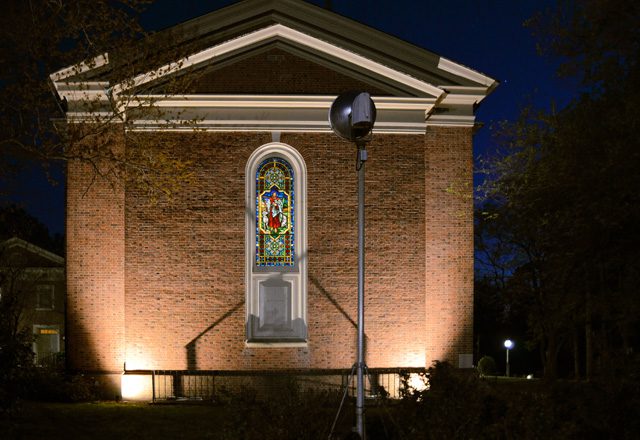
My tears have been my food day and night, while people say to me continually, “Where is your God?”
Psalms 42:3
Viktor Frankl in his classic work, Man’s Search for Meaning, describes a heart-wrenching yet defining moment upon his arrival at Auschwitz concentration camp. Forced to surrender his clothes and his first book manuscript, Frankl robed himself in ragged clothing stripped by the Nazis from an elderly man arbitrarily chosen for the gas chamber. Frankl found within a pocket of the old man’s coat a scrap of paper inscribed with Judaism’s most important prayer, the Shema Yisrael, with the first verse beseeching: “Hear, O Israel: The Lord our God, the Lord is one.”
He was surrounded by the horrid sights, sounds, and smells of a death camp which all but mocked him with the drumbeat cry, “Where is your God?” He was consumed with the terror of uncertainty in the face of a clinically cold selection process for the gas chambers which forced him to eat tears day and night. And yet, God’s call to Frankl to “hear” through a providential discovery challenged him to embark on a painful quest for the meaning of suffering and dying by “living” through his own suffering and those of his fellow inmates, with the hope and trust that God also hears and is present.
Most of us are not asked to hear the Good Shepherd’s call in such a circumstance. But our own individual and collective sufferings are no less painful and soul-grinding to us. And the call to hear and live in God is truly the same, for God is timelessly with us and also hears. May God show us his glory in the gray.
Mark Leep
